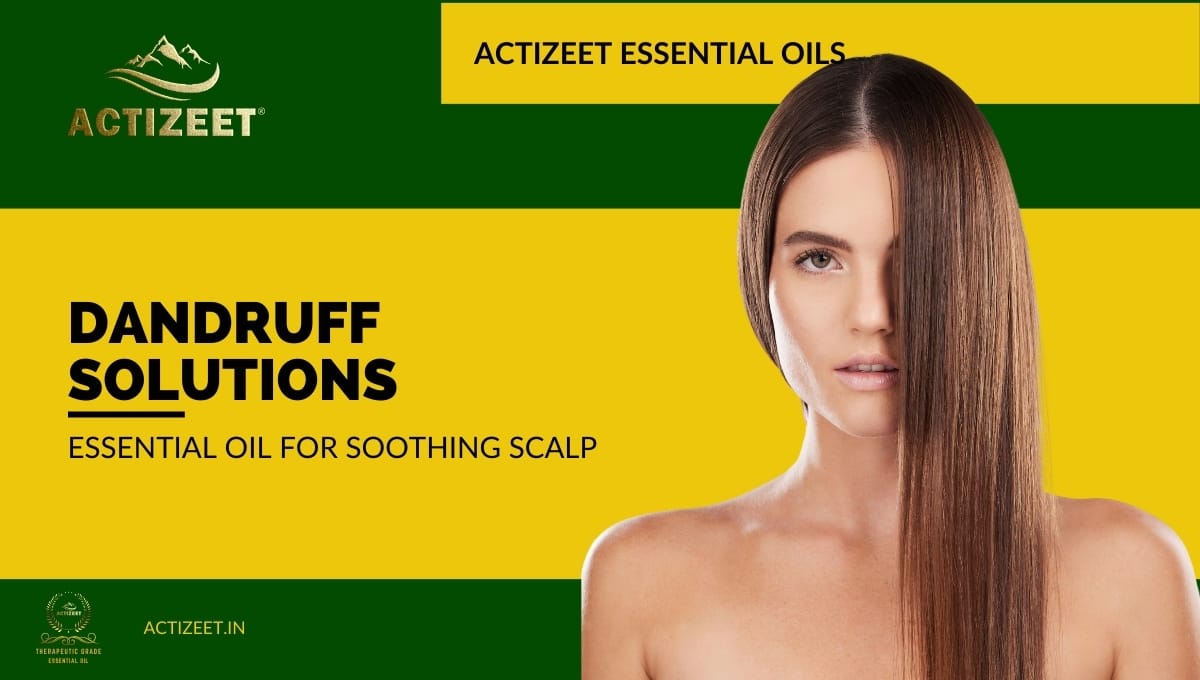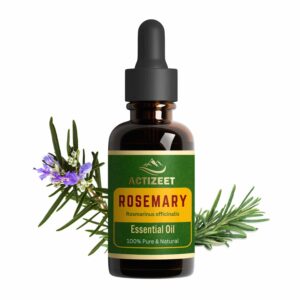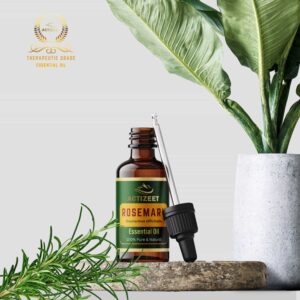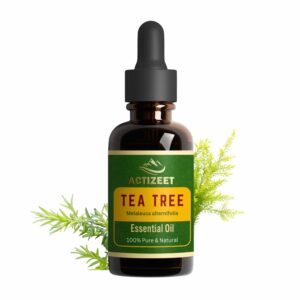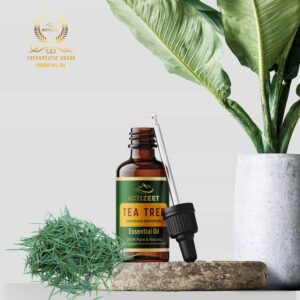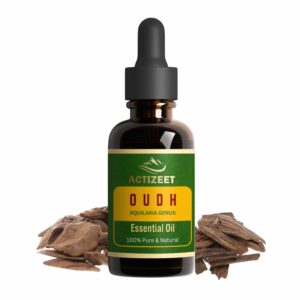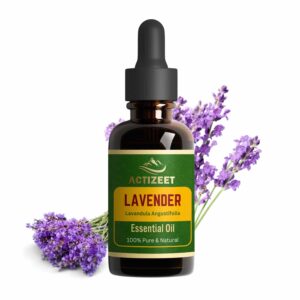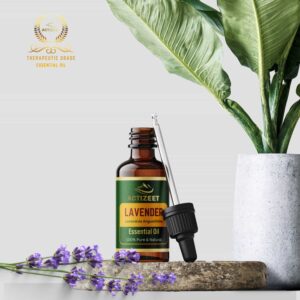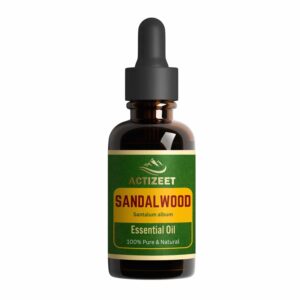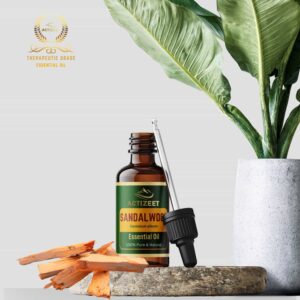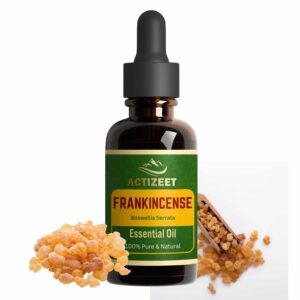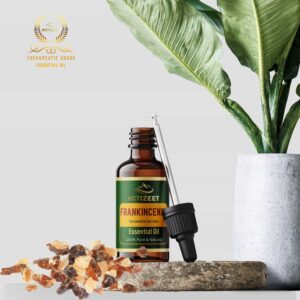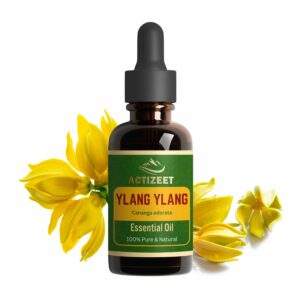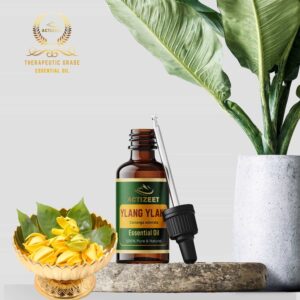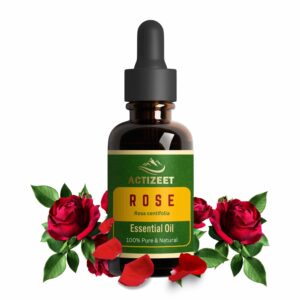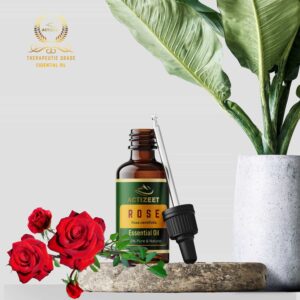Essential oils, my dear readers, are highly concentrated plant extracts that capture the essence of a particular plant’s fragrance or aroma. Now, don’t be fooled by their name; these oils aren’t just for smelling good. They possess a multitude of therapeutic properties that have been cherished for centuries.
So, how are these magical elixirs extracted? Well, the process varies depending on the type of plant.
One common method is steam distillation, where steam is passed through the plant material to release its volatile compounds. These compounds then condense into a liquid form, resulting in our beloved essential oil.
Cold pressing is another technique used primarily for citrus fruits like lemon or orange. In this method, the outer peel of the fruit is gently pressed to yield those zesty oils.
Table of Contents
ToggleHistorical Use in Various Cultures
Let’s take a trip back in time and explore how essential oils have played a significant role in various cultures throughout history. Ancient civilizations like Egypt and China were among the first to recognize and utilize the power of these fragrant essences. In Egypt, essential oils were cherished not only for their pleasing scents but also for their therapeutic benefits.
Renowned pharaohs such as Cleopatra indulged in luxurious aromatherapy baths infused with exotic oils like frankincense and rosemary to rejuvenate both the body and the soul. Meanwhile, in China, essential oils were incorporated into traditional medicine practices as early as 2700 B.C.E. The Chinese believed that these potent extracts could restore balance within the body’s energy channels, known as meridians.
As you can see from this brief historical overview, essential oils have truly stood the test of time and captivated humanity with their aromatic allure and healing potential. So now let’s dive deeper into how these remarkable oils can help us combat the pesky issue of dandruff.
Understanding Dandruff
Causes and Symptoms
Dandruff, that pesky flaking of the scalp that seems to appear out of nowhere, can be quite a nuisance. But understanding its causes can help us combat it more effectively.
One of the main culprits behind dandruff is a microscopic fungus called Malassezia. This fungus loves to feast on the excess sebum produced by our scalp, resulting in an overgrowth that triggers irritation and the shedding of dead skin cells.
Another factor contributing to dandruff is dryness. When our scalp lacks moisture, it becomes prone to flaking.
The symptoms of dandruff are hard to miss—those telltale white flakes peppering your hair and shoulders like confetti at a party you didn’t want to attend. But beyond the visible flakes, dandruff can wreak havoc on your scalp’s health as well.
It often leads to itching, which can range from mild annoyance to full-fledged agitation that makes you want to scratch your head vigorously in public (not recommended!). This itching can damage the scalp’s protective barrier and create pathways for bacteria or other harmful microorganisms to invade.
Impact on Scalp Health
Dandruff’s impact extends beyond mere cosmetic concerns; it can significantly affect the overall health of your scalp too. The excess shedding of skin cells caused by dandruff disrupts the scalp’s natural balance and hinders its ability to renew itself properly. As a result, your scalp may become more sensitive and prone to inflammation.
Additionally, continuous scratching due to itchiness can lead to small wounds or abrasions on the scalp’s surface. These open pathways provide an entry point for bacteria or fungi, increasing the risk of infections such as folliculitis or even seborrheic dermatitis—a more severe form of dandruff characterized by redness and greasy, scaly patches.
To maintain a healthy scalp, it’s essential to address dandruff, not only for its annoying appearance but also for its impact on overall scalp health. The good news is that, with the right approach and the use of natural remedies like essential oils, you can effectively combat dandruff and restore your scalp to its optimal condition.
Benefits of Essential Oils for Dandruff
Antifungal properties to combat Malassezia fungus
Dandruff is often caused by an overgrowth of a fungus called Malassezia on the scalp. Essential oils with antifungal properties can help combat this fungus, thereby reducing dandruff. One such powerful essential oil is tea tree oil.
Known for its potent antimicrobial effects, tea tree oil has been used for centuries to treat various skin conditions, including dandruff. Its main active ingredient, terpinene-4-ol, has been shown to effectively inhibit the growth of Malassezia fungus.
When using tea tree oil for dandruff, it’s important to dilute it with a carrier oil like coconut or jojoba oil before applying it to the scalp. This helps prevent any potential irritation or sensitivity.
Start by mixing 1-2 drops of tea tree oil with 1 tablespoon of carrier oil and gently massage it into the scalp. Leave it on for about 30 minutes before rinsing thoroughly.
Lavender oil: soothing properties and scalp benefits
Lavender oil not only smells heavenly but also offers numerous benefits for scalp and hair health. It possesses soothing properties that help calm inflammation and reduce itchiness caused by dandruff.
Additionally, lavender oil has been found to have antimicrobial activity against various fungi and bacteria commonly associated with dermatological issues. To use lavender oil for dandruff relief, you can add a few drops of it to your regular shampoo or conditioner.
Alternatively, mix 4-6 drops of lavender essential oil with 2 tablespoons of carrier oil, like almond or olive oil, and apply this concoction directly to your scalp. Leave it on for at least an hour before rinsing thoroughly.
Eucalyptus oil: antimicrobial effects for dandruff control
Eucalyptus oil is known for its invigorating scent and powerful antimicrobial properties. It contains compounds like eucalyptol, which has been shown to have antimicrobial effects against various fungi and bacteria.
By targeting the underlying cause of dandruff, eucalyptus oil helps control its symptoms effectively. To use eucalyptus oil for dandruff control, you can create a simple DIY hair mist by mixing 5-7 drops of eucalyptus essential oil with distilled water in a spray bottle.
Shake well before each use and spritz it onto your scalp after shampooing. Massage it gently into the scalp and leave it on without rinsing for maximum benefits.
Anti-inflammatory properties to reduce itching and irritation
An inflamed scalp can exacerbate dandruff symptoms, leading to increased itchiness and irritation. Essential oils with anti-inflammatory properties can help alleviate these discomforts.
One such oil is peppermint oil, which provides a cooling sensation that helps soothe an itchy scalp. To use peppermint oil for dandruff relief, mix 4-6 drops of peppermint essential oil with a carrier oil like coconut or jojoba oil.
Massage this mixture onto your scalp in gentle circular motions. Leave it on for 15-20 minutes before rinsing thoroughly with a mild shampoo.
Chamomile oil: calming effect on inflamed scalp
Chamomile has long been revered for its calming properties, making chamomile essential oil an excellent choice to relieve inflammation on the scalp caused by dandruff. Its anti-inflammatory compounds help reduce the redness and discomfort associated with irritated skin.
For chamomile-infused relief from dandruff symptoms, combine 5-7 drops of chamomile essential oil with a carrier oil like almond or olive oil. Apply this mixture directly to your scalp and gently massage it in.
Leave it on for 30-60 minutes before rinsing thoroughly. You can also add a few drops of chamomile oil to your regular shampoo or conditioner for added relief.
Moisturizing properties to prevent dryness
Dryness can worsen dandruff, making moisturizing essential oils an important addition to any dandruff-fighting regimen. Rosemary oil is particularly beneficial in promoting scalp hydration and reducing the flakiness associated with dry skin. To hydrate your scalp and tackle dandruff simultaneously, mix 4-6 drops of rosemary essential oil with a carrier oil like coconut or argan oil.
Apply the blend directly to your scalp, massaging gently to ensure even distribution. Leave it on for at least an hour before washing thoroughly.
Note: Essential oils are highly potent substances, so always perform a patch test before using them extensively. If you experience any adverse reactions like redness or itching, discontinue use immediately.
Application Methods for Essential Oils
Topical application: Dilution ratios for safe usage on the scalp
When it comes to using essential oils on your scalp to combat dandruff, it’s important to remember that these potent extracts should not be applied directly without dilution. Diluting essential oils with a carrier oil helps ensure safe and effective use.
The general rule of thumb is to use a 2% dilution ratio, which means adding 12 drops of essential oil per ounce (30 ml) of carrier oil. Carrier oils like coconut, jojoba, or sweet almond oil work well for this purpose.
For example, if you want to create a dandruff-fighting blend using tea tree oil, you can mix 12 drops of tea tree oil with 1 ounce (30 ml) of carrier oil. This ensures that the essential oils are properly diluted and gentle enough for direct application on the scalp without causing any irritation or adverse reactions.
Massage techniques for optimal absorption
Now that you have your diluted essential oil blend ready, it’s time to apply it to your scalp with a gentle massage. Massaging the mixture into your scalp not only helps distribute the oils evenly but also promotes better absorption and stimulates blood circulation. To give yourself a relaxing scalp massage, start by parting your hair into sections and applying a small amount of the diluted blend to each section.
Use your fingertips—not nails—in circular motions to gently massage the mixture into your scalp. Focus on areas where dandruff is most prevalent or where you experience itching or irritation.
Remember to take your time during this process and apply just enough pressure to stimulate blood flow without causing discomfort. Leave the mixture on for at least 15–30 minutes before rinsing it off with lukewarm water and following up with a mild shampoo.
Adding essential oils to hair care products: Shampoos, conditioners, and masks
If you prefer a more convenient way of incorporating essential oils into your dandruff-fighting routine, you can enhance the effectiveness of your regular hair care products by adding a few drops of essential oil to them. This method allows for easy and consistent application without the need for extra steps.
For example, if you have a favourite shampoo or conditioner that works well for your hair type, you can customize it by adding 5-10 drops of tea tree oil or lavender oil per 8 ounces (236 ml) of product. Be sure to shake the bottle well to ensure proper blending.
Additionally, homemade hair masks offer an excellent opportunity to infuse your scalp with the benefits of essential oils. You can create a nourishing mask by combining ingredients like yoghurt, honey, and coconut oil with a few drops of your chosen essential oil.
Apply this mask from roots to ends and leave it on for 20–30 minutes before rinsing it off. These DIY blends give you control over the concentration and allow you to tailor the formula according to your specific needs.
However, always perform patch tests before using any new blend on your entire scalp or hair to ensure that you don’t have any adverse reactions. By employing these application methods – whether through topical use or enhancing existing hair care products – you can harness the power of essential oils to combat dandruff while enjoying an indulgent self-care routine.
Precautions and Considerations When Using Essential Oils
Potential allergic reactions or sensitivities
While essential oils can offer a natural solution for dandruff, it is crucial to be aware of potential allergic reactions or sensitivities that some individuals may experience. Although rare, certain essential oils can cause skin irritation, redness, or even an allergic response in susceptible individuals. It is recommended to perform a patch test before using any new essential oil on your scalp.
Apply a small amount of diluted oil to the inner part of your elbow and wait for 24 hours to check for any adverse reactions. If you notice any discomfort, rash, or itching during this period, refrain from using that particular oil.
Consulting with a healthcare professional before use
While incorporating essential oils into your dandruff-fighting routine can be beneficial, it is always wise to consult with a healthcare professional beforehand. This step is especially important if you have any underlying medical conditions or if you are currently taking medications that may interact with the essential oils.
A healthcare professional can provide personalized advice based on your specific needs and guide you regarding suitable oils and their safe usage. Additionally, they can help identify potential contraindications or recommend alternative solutions if necessary.
Avoiding contact with eyes or broken skin
When using essential oils for dandruff control, it is crucial to exercise caution and avoid direct contact with sensitive areas, such as the eyes or broken skin. Essential oils are highly concentrated and potent substances that may cause discomfort if they come into contact with these vulnerable areas.
If accidental contact occurs, flush the affected area immediately with water and seek medical attention if necessary. To prevent this issue altogether, carefully apply the diluted essential oil mixture only to the scalp area and ensure it does not run down onto the face or sensitive regions.
By following these precautions and considering potential sensitivities, you can safely incorporate essential oils into your dandruff-fighting routine. Remember, it is always better to be cautious and informed when it comes to using new products on your body.
Conclusion
Essential oils present a powerful natural solution in combating dandruff due to their antifungal, anti-inflammatory, and moisturizing properties. While tea tree oil, lavender oil, eucalyptus oil, peppermint oil, rosemary oil, and chamomile oil are key players in alleviating dandruff symptoms, there are also other natural remedies worth considering, such as aloe vera gel and apple cider vinegar. By incorporating these remedies into your hair care routine along with diligent scalp hygiene practices such as regular cleansing and avoiding excessive heat styling or harsh chemical treatments, you can effectively manage dandruff while nourishing and maintaining a healthy scalp.
Embrace the holistic power of nature and bid farewell to those pesky white flakes. Say hello to a flake-free, confident you!
RECOMANDED PRODUCTS
-
Rated 4.72 out of 5
₹1,500.00Original price was: ₹1,500.00.₹1,200.00Current price is: ₹1,200.00. Incl. GST ADD TO CART Buy Now -
Rated 4.88 out of 5
₹1,500.00Original price was: ₹1,500.00.₹1,200.00Current price is: ₹1,200.00. Incl. GST ADD TO CART Buy Now -
Rated 4.63 out of 5
₹1,900.00Original price was: ₹1,900.00.₹1,450.00Current price is: ₹1,450.00. Incl. GST ADD TO CART Buy Now -
Rated 4.74 out of 5
₹1,500.00Original price was: ₹1,500.00.₹1,200.00Current price is: ₹1,200.00. Incl. GST ADD TO CART Buy Now -
Rated 4.72 out of 5
₹2,500.00Original price was: ₹2,500.00.₹1,950.00Current price is: ₹1,950.00. Incl. GST ADD TO CART Buy Now -
Rated 4.88 out of 5
₹1,500.00Original price was: ₹1,500.00.₹1,200.00Current price is: ₹1,200.00. Incl. GST ADD TO CART Buy Now -
Rated 4.80 out of 5
₹1,500.00Original price was: ₹1,500.00.₹1,200.00Current price is: ₹1,200.00. Incl. GST ADD TO CART Buy Now -
Rated 4.88 out of 5
₹1,500.00Original price was: ₹1,500.00.₹1,200.00Current price is: ₹1,200.00. Incl. GST ADD TO CART Buy Now
Related posts:
- Dandruff Remedies: Best Essential Oils
- Nourish Your Hair: Benefits of Using Essential Oils
- Unlock Radiant Locks: Essential Oil for Hair Care
- Lice Eggs Eradicated: Discover the Potent Essential Oil Solution
- Discover the Best Essential Oil for Hair: Expert Recommendations
- Unlocking the Wonders of Lemongrass Essential Oil: From Soothing Sore Muscles to Boosting Immunity
- Boost Hair Growth: Best Essential Oil for Thickness
- Nourish Your Mane: The Best Essential Oil for Hair Growth Revealed

